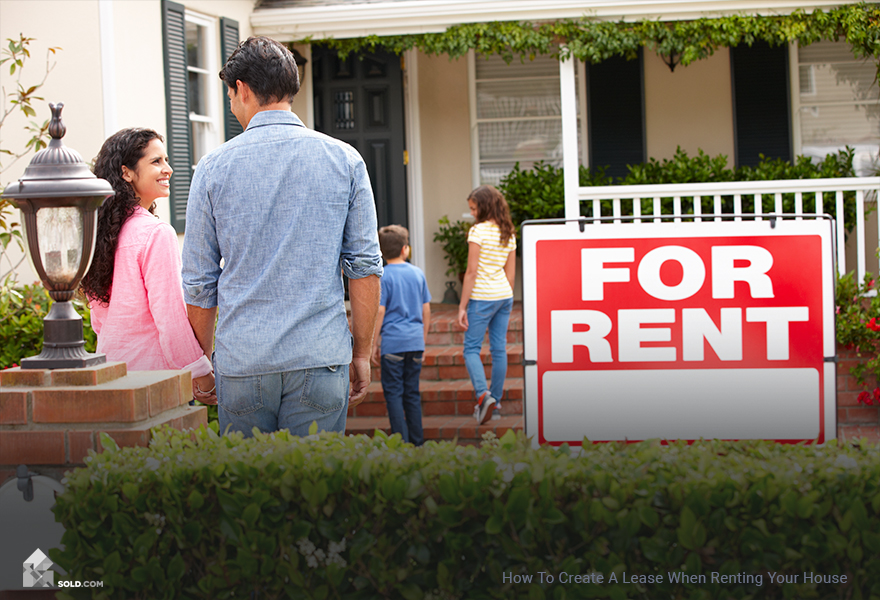
If you’re moving and you’ve decided to rent your home instead of selling it, congratulations! You’re on your way to building a portfolio of investments and wealth. In order to protect your property and interests as a landlord, you’ll need an airtight lease that puts all of the essential terms in writing. Here’s what you need to say.
- Parties to the agreement. This is you (the landlord) and your tenant(s).
- Property address.
- Lease start and end dates. Typical lease terms are month-to-month, six months, or one year. Most landlords do not rent their properties on a month-to-month basis because with this lease structure, the tenant can move out at any time by giving you one months’ notice. This doesn’t give you very much stability in terms of income.
The most common lease term is one year because it gives both the tenant(s) and landlord stability for a moderate amount of time.
If you want to give your tenant(s) the option to continue renting your property after the initial lease term expires, you have two options. You can either require the tenant to sign a new lease, or you can include a clause in the lease that allows the tenant to continue living on the premises under the current lease on a month-to-month basis.
- Rent. The rent is how much the tenant(s) will be paying per month for the entire apartment or house. If your lease term changes to month-to-month once the initial lease term expires, you will want to include a clause in this section that allows you to increase the rent. You will also want to include a provision for what happens if the tenant(s) pays their rent late. A typical penalty is less than 5% of the rent.
Every city or jurisdiction will have different laws regulating how rents are administered in that area. So before setting the rents, make sure to research how much you are allowed to increase the rent on an annual basis.
- Security deposit. To protect your property from damage, you will want to require your tenant(s) to pay at least one months’ rent in security deposit. Every state has different laws regulating how security deposits are handled. Some require the money be held in its own interest-bearing account.
- Property rules. If you want your tenant(s) to park in a certain area or dispose of their refuse in a specific can, you must state that in the lease. If your property has hours or parts of the premises (like the roof) to which tenants do not have access, you would include that here as well. A verbal agreement is not enforceable in court, nor is it a guaranteed way for your tenant to remember the rules, so you should spell everything out in the lease.
- Concealed defect. Hopefully, you’ve fixed any hazardous parts of your property prior to leasing it to tenants. But if you weren’t able to for whatever reason, most local governments require you to both notify the tenant(s) prior to their moving in, and then state the defects of your property in the lease.
- Sublease. For safety reasons, you want to have control over who is living on your property. You can ensure this by including a clause in your lease that restricts tenants from subletting a room or the entire apartment or house without your permission.
Also, in most counties tenants are not allowed to make money off of their leases. That means if they go on a two-week trip and rent out their apartment on a vacation rental site, you as the landlord are entitled to whatever money they make. But only if you state in the lease that your tenants are not allowed to sublet their space without your consent.
- Tenant’s personal property. Some tenants will leave a bunch of personal property in your home after they have supposedly moved out. Every state has different laws regulating how a tenant’s personal property must be handled so you want to research the requirements for your particular area. If you violate the law, you could wind up in a lawsuit even though the tenant was the one who left their stuff.
Most landlords will tell you that the vast majority of the tenants they lease to are great. They pay their rent on time and are respectful of the property and other tenants. But you still want to have an airtight lease in place so that the terms of the arrangement are in writing for all parties to read and agree to.

